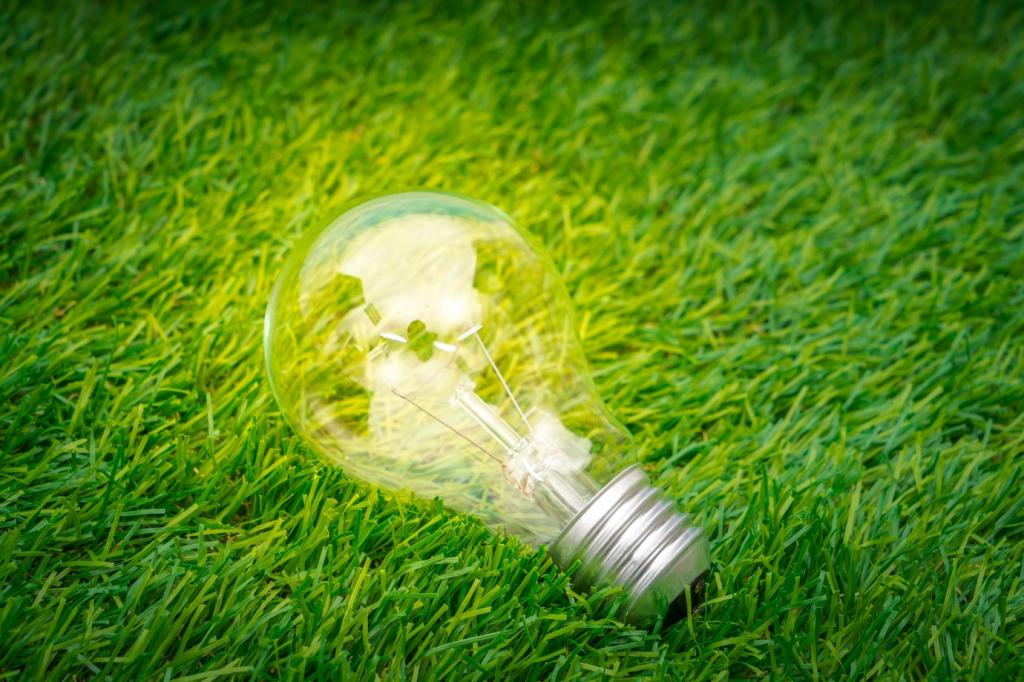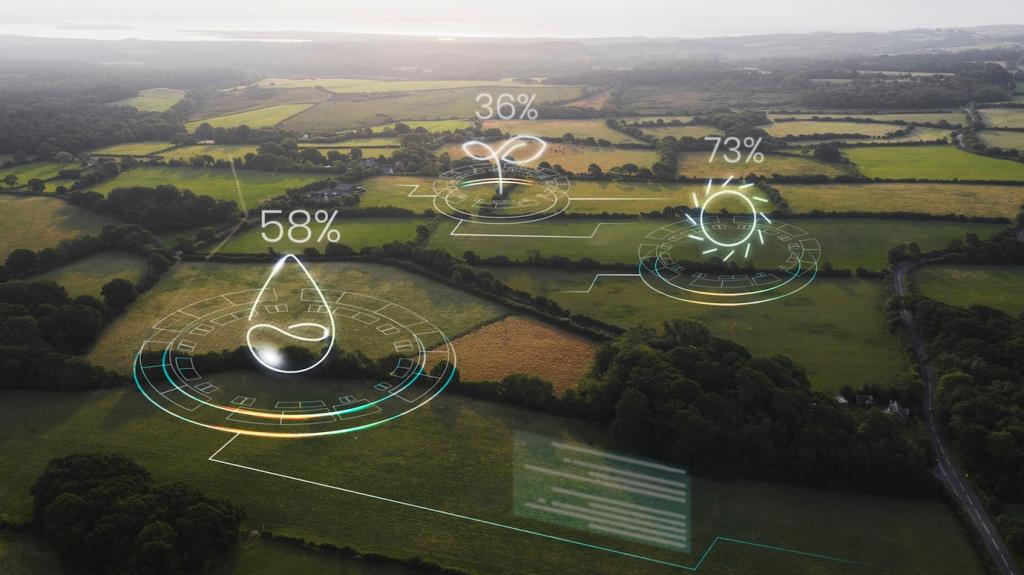Eco-Friendly Home Automation Solutions

Automated lighting solutions bring a new level of sophistication and sustainability to home environments. By utilizing sensors, timers, and adaptive technologies, these systems ensure lights are only on when needed and adjust brightness based on the time of day or natural light available. The pairing of LED bulbs with smart controls further enhances energy savings, extending the life of fixtures and minimizing electricity use. Ultimately, smart lighting cultivates both convenience and conscientious energy stewardship, transforming illumination from a mundane necessity to an active force for sustainability.

Home automation extends to heating, ventilation, and air conditioning through smart thermostats and sensor-driven climate control. These systems learn occupancy patterns, weather trends, and even preferences of household members, dynamically adjusting temperatures for optimal efficiency and comfort. By avoiding unnecessary heating or cooling of unoccupied rooms and responding instantly to environmental changes, intelligent climate control not only trims energy bills but also reduces greenhouse gas emissions, making homes both smarter and greener.

Eco-friendly automation redefines how home appliances operate. Smart plugs, power strips, and appliance sensors enable users to monitor and control device usage remotely or by schedule, easily eliminating phantom loads and unnecessary operation. From coffee makers to entertainment centers, each device can be programmed to function during low-peak energy hours, reduce idle consumption, and automatically power down when not in use. The result is a well-orchestrated, resource-efficient home where every appliance contributes to a smaller carbon footprint.

Smart Irrigation Systems
Automated irrigation brings precision and intelligence to garden and landscape watering. By employing soil moisture sensors, weather data, and programmable schedules, these systems deliver just the right amount of water when and where it’s needed. Homeowners no longer have to worry about overwatering or neglecting their plants, as the system adjusts in real-time to shifting environmental conditions. The outcome is a beautifully maintained outdoor space that conserves water resources and eliminates unnecessary runoff, demonstrating that technology and nature can flourish in harmony.

Automated Leak Detection
Undetected leaks are a common source of household water waste and potential property damage. With smart home automation, sensors placed in strategic locations monitor pipes and appliances for signs of moisture or irregular flow. These systems can trigger alerts, shut off water supply, or notify homeowners directly via smartphone. The constant vigilance of automated leak detection prevents minor leaks from becoming major issues, safeguarding homes while preserving precious water resources and reducing costly repairs.
Solar Power Integration
Automated home systems can optimize the collection and consumption of solar energy by synchronizing energy-intensive tasks with periods of peak solar generation. Smart inverters, connected appliances, and adaptive charging systems ensure that generated power is used efficiently within the home or diverted to storage during surplus. Homeowners receive real-time insights into their energy production and usage, enabling informed decisions that maximize savings and minimize waste. Solar power integration through automation not only advances energy independence but also supports a greener global energy equation.
Home Battery and Storage Management
Energy storage is crucial for making the most of renewable sources. Automated battery systems intelligently store excess energy generated during the day and release it during peak consumption periods or when solar production is low. With integrated management, homes can maintain power stability, protect against grid outages, and optimize savings by drawing from stored energy at strategic times. By aligning storage and usage patterns, battery automation ensures renewable energy is always available when needed, transforming homes into efficient microgrids.
Automated EV Charging
Electric vehicles play an important role in sustainable living, but their charging routines can be energy-intensive if not properly managed. Automated EV charging systems coordinate charging schedules with grid demand, renewable energy production, and time-of-use electricity rates. This optimization ensures that vehicles are charged in the most eco-friendly and cost-effective manner possible, often utilizing solar-generated power or low-emission grid energy. The result is a smoother, smarter transition to emission-free transportation, fully integrated into the eco-conscious home.
Previous slide
Next slide
